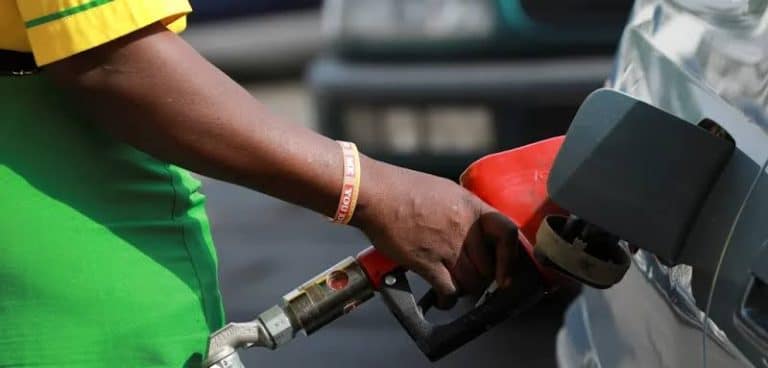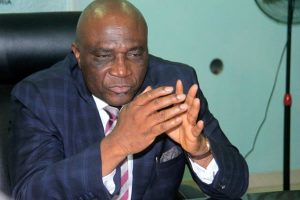
MRS Filling Station has revised its fuel pricing, increasing the pump price for petrol to ₦930 per litre in Lagos and ₦960 per litre in northern Nigeria.
This adjustment, which took effect on March 28, 2025, follows the recent suspension of naira-denominated petroleum sales by the Dangote refinery.
Significant Price Hike Across Regions
The new pricing marks a ₦70 increase from the previous ₦860 per litre in Lagos and ₦870 per litre in other South-West states. Meanwhile, northern regions that previously paid ₦880 per litre now face an ₦80 hike.
This surge in fuel prices at MRS stations is expected to trigger a domino effect, as other fuel retailers are reportedly adjusting their prices accordingly. For instance, NIPCO, a major industry player, matched MRS’s pricing, selling petrol at ₦930 per litre in Magboro, Ogun State, over the weekend.
Breakdown of New Petrol Prices
An updated pricing list from MRS Oil & Gas highlights regional price variations:
- Lagos: ₦930 per litre (Lowest price nationwide)
- South-West & Kwara: ₦940 per litre
- South-South & South-East: ₦960 per litre (Including Edo, Abia, Akwa Ibom, Bayelsa, Rivers, Cross River, and Enugu)
- Northern Nigeria:
- Abuja, Kaduna, Benue, Kogi, Niger, Sokoto, Kebbi, and Nasarawa: ₦950 per litre
- Zamfara, Kano, Jos, Bauchi, Taraba, Adamawa, Borno, Katsina, Jigawa, Gombe, and Yobe: ₦960 per litre
Fluctuations in FCA Prices Reflect Regional Differences
The Free Carrier Agreement (FCA) price, which influences how much marketers pay before reselling petrol, also varies across regions.
- Lagos: ₦905 per litre (Lowest FCA price)
- Northern States (Borno, Taraba, Adamawa, Yobe): ₦888 per litre
Factors Behind the Price Surge
The latest hike is primarily linked to the suspension of the naira-for-crude agreement between the Dangote refinery and the Nigerian National Petroleum Corporation Limited (NNPCL). This agreement was disrupted due to a misalignment between crude allocations to foreign creditors and actual sales revenue.
Industry insiders revealed that a significant portion of Nigeria’s crude oil had to be allocated to foreign lenders to settle loans, limiting the ability of the Dangote refinery to maintain its naira-based fuel supply agreement. In response, private depot operators have taken advantage of the situation to increase their fuel prices, further driving up costs for consumers.
Economic Impact and Future Outlook
The surge in fuel prices is expected to escalate transportation costs, subsequently leading to higher prices for goods and services nationwide. This trend is likely to worsen Nigeria’s rising cost of living, adding pressure on households already struggling with inflation.
However, industry experts suggest that fuel prices could stabilize once the Dangote refinery secures crude oil allocations from the NNPCL and resumes selling in naira. Until then, consumers and businesses must navigate the immediate economic strain caused by these fuel price adjustments.





